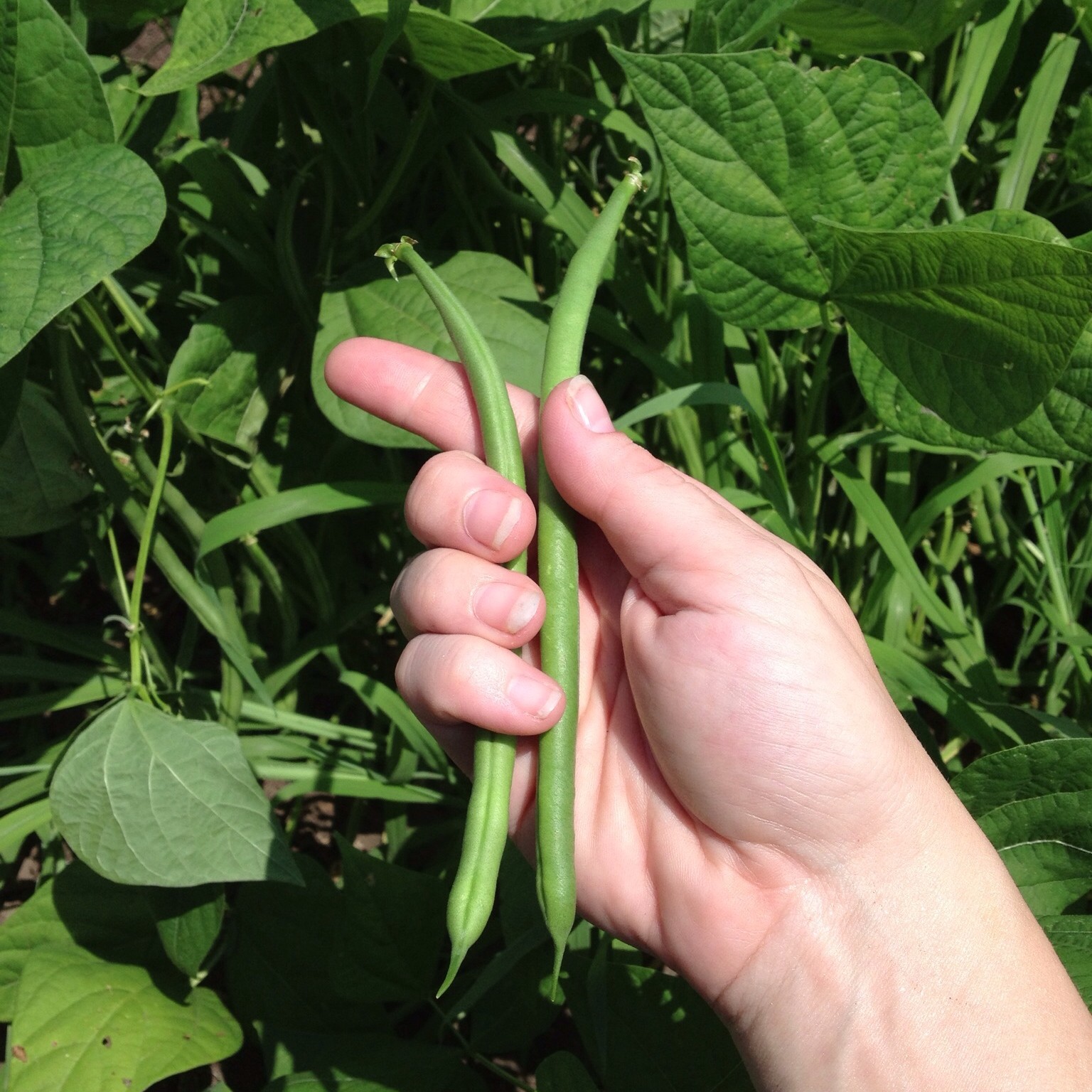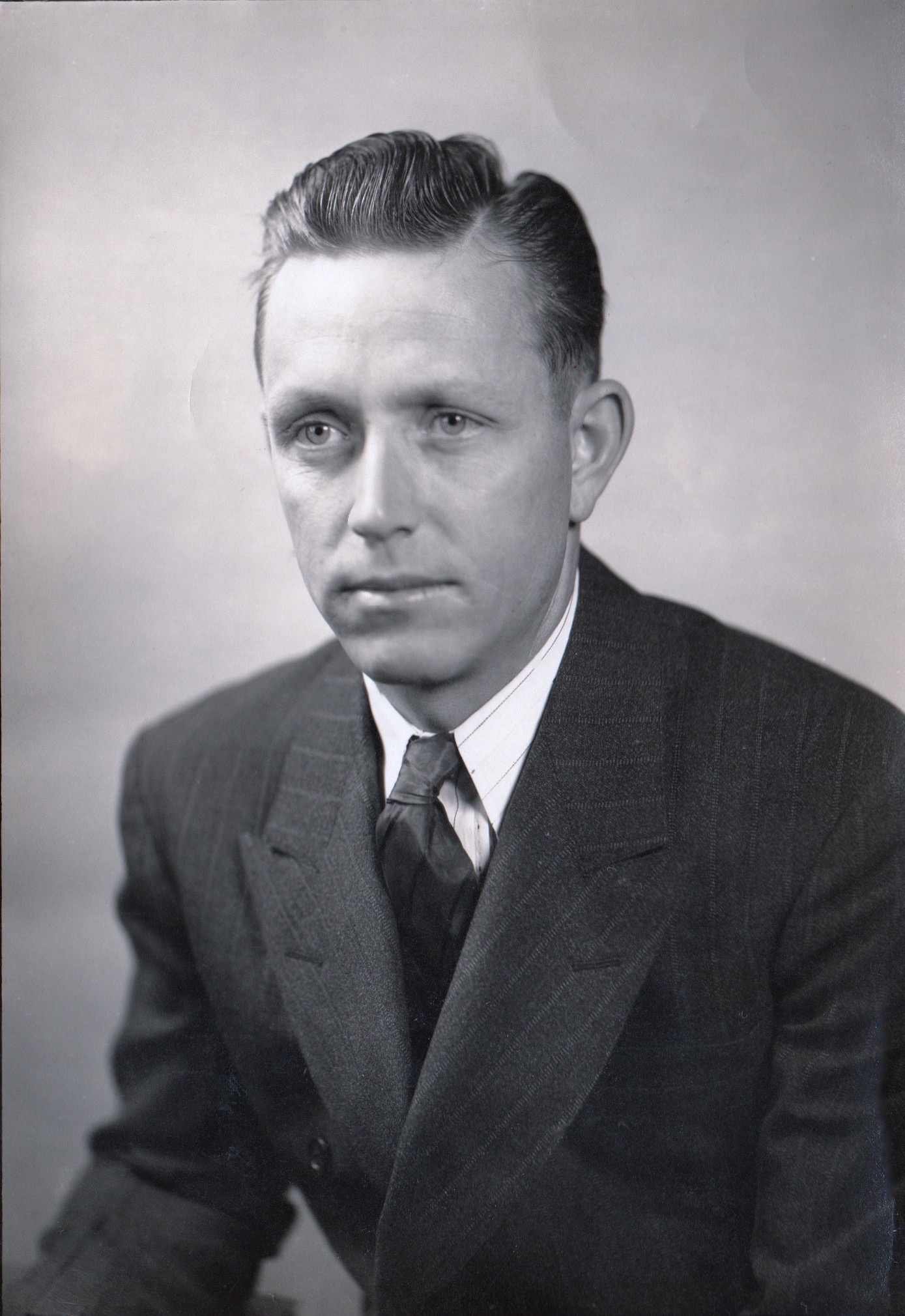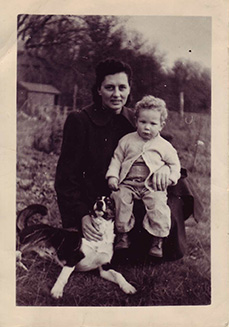What were one or two things that you did not tell your parents about?

When I was about 12, and wanting to earn some spending money for school, my parents permitted me to work at the bean fields. Mr. Vasche farmed the green bean fields along the Calapooya Creek on the road to Oakland. His youngest son, Gregory, was a schoolmate and was required to work at the bean field as well, but not as a picker.
At the outset, I saw myself as a good worker, as capable as the next person at doing simple work like picking beans. I figured this would be an easy way to make enough for some cool clothes for school. I was oblivious to the reality that accumulating sackfuls of beans to generate a few dollars required a continuous effort with both hands simultaneously working nonstop for several hours.
Moreover, I did not anticipate distractions, the biggest one being female bean pickers. Some other classmates had been “hired” as bean pickers, including my neighbors, Susan and Sandy. I was very fond of these girls, and others, and more interested in interacting with them than in staying on task.
I noticed that the migrant workers from Mexico were doing almost all of the picking at this bean field. I could not figure out how they picked so fast, not that I was trying very hard.
I fell in with a group of boys interested in relating to girls and pushing the bounds of good behavior. This led to my first experience with smoking tobacco. One of the boys had obtained a pack or two of cigarettes, perhaps hijacked from a parent or relative. We slunk away from the bean field to the creekside to smoke cigarettes and plot some way to lure the girls away from the bean field to our “boys club.” Fortunately, bean picking season was over before any further mischief developed.
My parents questioned my income from bean picking, and were discouraged that it was only about $12.50 for several days’ work. I didn’t have much to say, except that the work was hard, the beans were not very plentiful, and there were lots of distractions.
When I was 15, and without a driver’s license, I took three friends to an Oakland High School dance in our old Dodge. Dad had removed the back seat to make room for more cargo, and I substituted upside-down 5-gallon buckets (these were in the days before seat belts).
After the dance I drove Tom and his date to her house in Sutherlin, near the fork where Fort McKay road leads to Umpqua. I had never been at this house before, and the area was dark with no street lights. As we were leaving and maneuvering to turn around, I became confused and shifted the car into first gear, when I wanted reverse.
When I released the clutch, the car jumped forward and ran into the house with a loud bang. Tom flew off his bucket seat, but nobody was hurt. We were all laughing like crazy. Rather than stop and attend to the damage, I drove away hastily and never spoke to my parents about this episode.
The residents of the house were probably frightened by the bang and their shaking house, but nobody ever contacted my parents about the accident, and the old Dodge bumper did not reveal my secret. I imagined the girl we dropped off told her parents, “Never mind the noise; it was just a crazy Oakland kid driving his Dad’s old Dodge. Just be glad I’m home safe.”





